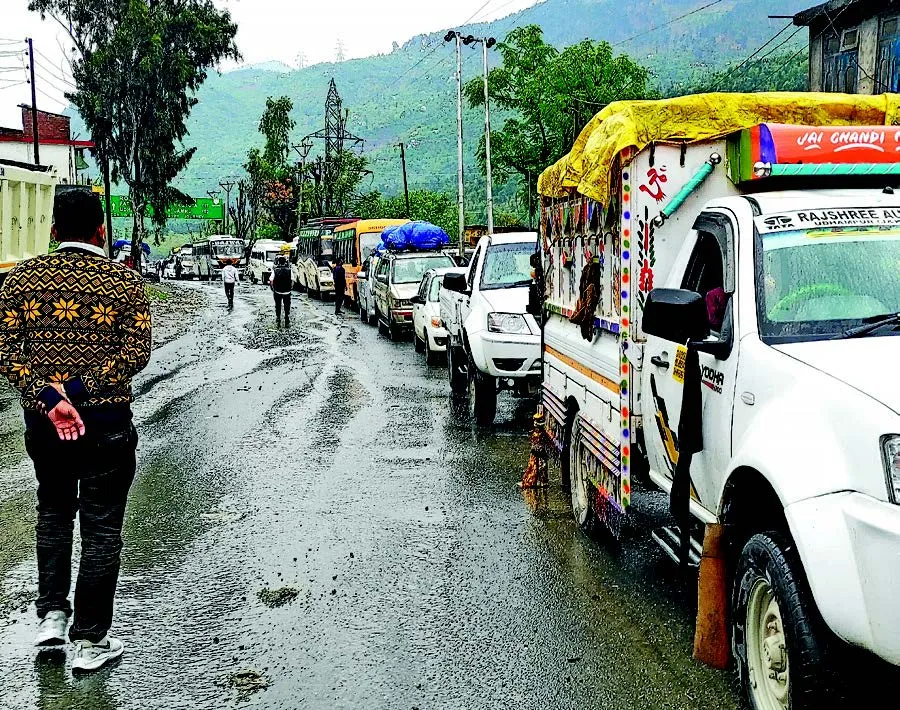Srinagar: A recent survey conducted by Expect Care, a Mental Health and De-addiction Clinic based in Kashmir, indicates that individuals grappling with mental illnesses in Kashmir are receiving better social support, marking a significant shift in societal attitudes.
Uzma (name changed), 18, is the youngest among her four female siblings.
After losing their father when she was in 6th grade, her family faced financial and emotional challenges.
Over the years, she developed symptoms of Major Depressive Disorder with Cluster B.
With her family’s support, including her elder sister who is a postgraduate, Uzma has been undergoing medication and psychotherapy for the past 10 months, leading to noticeable improvement in her condition.
She continues to be supported in school, and among the extended family.
Another individual, Fatima (name changed), 40, faced a similar battle with Major Depressive Disorder.
After years of struggle and visiting faith healers due to the stigma surrounding mental health in the region, she was finally diagnosed and treated through a combination of medicines and psychotherapy.
Support from her husband played a crucial role in her journey to manage her condition.
Irfan, a college student, faced Obsessive Compulsive Disorder (OCD) that affected his studies.
Seeking help from a psychiatrist, he was diagnosed and treated, and his parents’ understanding and support have been integral to his progress.
Saima, a mother of three, experienced Generalised Anxiety Disorder (GAD) symptoms.
After a thorough medical investigation, a psychiatrist diagnosed her.
Her husband’s unwavering support and understanding have been pivotal in her recovery.
Dr Fazl-e-Roub from IMHANS-K, consultant of Psychiatry at GMC Srinagar, emphasised that the family and social support were vital in treating mental illnesses.
The survey conducted by Expect Care, a mental health set-up in Srinagar and Anantnag, revealed promising statistics.
In 76 percent of patients, family behaviour remained unchanged post-diagnosis. Similarly, 74 percent of patients reported that their friends’ behavior did not change after diagnosis, and 65 percent believed their relationship with partners was unaffected.
While the treatment costs could be high, 85 percent of patients reported increased productivity after seeking treatment.
Despite this progress, 42 percent still perceived mental illness as a divine punishment, and 50 percent felt hesitant to share their condition with co-workers.
Dr Haq said that awareness about mental health was growing in Kashmir, leading to reduced stigma and greater willingness to seek help from psychiatrists.
Improved follow-up care for mental illnesses is seen as a positive sign.
With increased awareness, acceptance, and support, the priority of mental health in Kashmir is expected to rise, leading to better outcomes for those battling mental illnesses.






